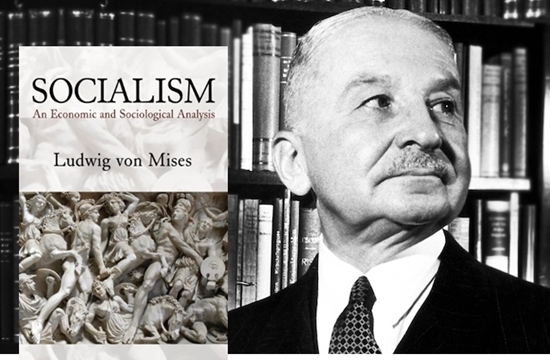
You do what you can. People living in China who want to have their say on the net without being immediately silenced often resort to code. One code phrase used to “take veiled jabs at the country’s political and economic system” is the sports term “garbage time.”
It’s not exactly a hard-to-penetrate code or veil.
“Garbage time” is the losing side’s term for game time after it’s clear that defeat is inevitable (“Dejected Social Media Users Call ‘Garbage Time’ Over China’s Ailing Economy,” The New York Times, September 13, 2024).
In China, where the internet is heavily censored, a handful of writers have repurposed “garbage time” to indirectly describe the country’s perceived decline….
Commentaries about garbage times of history, some written under pseudonyms, began appearing last year in blog posts and as opinion essays on respected Chinese news sites. They examined past regimes and dynasties and were broadly understood to be thinly veiled critiques of China’s political and economic system. They landed as discussion of the economy…was getting more sensitive.
The commentaries didn’t go unnoticed.
Some were taken down, and state-affiliated academics and news outlets lined up to say that garbage time was a fake concept that misrepresented political and economic theories. Beijing Daily, the city’s main official Communist Party newspaper, said in an editorial that readers should not “spiral into self-pity just because of a few words of incitement with ulterior motives.”
The commentaries argued that rulers throughout history have fallen into garbage time by centralizing power, rejecting free trade or losing public trust. Some even suggested that any societies that were not capitalist democracies were doomed to fail.
Some examined other state-controlled economies. One from November said that the Soviet Union had been in garbage time for its entire existence. The article, which cited the writings of an Austrian philosopher who championed free markets and argued against socialism, argued that the U.S.S.R.’s planned economy and undemocratic government made its collapse inevitable.
Slamming “garbage time” as a “fake concept” isn’t the most incisive possible rebuttal to the observation that statist assaults on economic life cause predictable harm.
Is the New York Times reporter, Yan Zhuang, also writing in code? Who is the cited “Austrian philosopher who championed free markets and argued against socialism”? The name of the champion, Ludwig von Mises (1881-1973), a wide-ranging thinker who is certainly a philosopher but is rightly better known as an economist, is not divulged in Zhuang’s piece. But her article includes a link to a Mises Institute page where you can download Mises’s epic Socialism: An Economic and Sociological Analysis.





